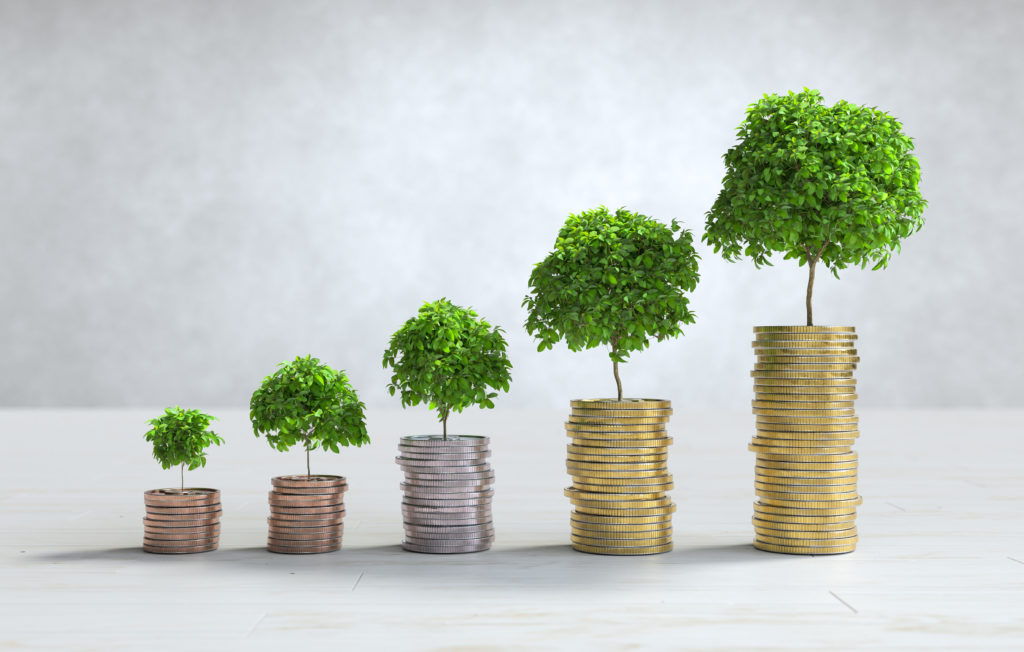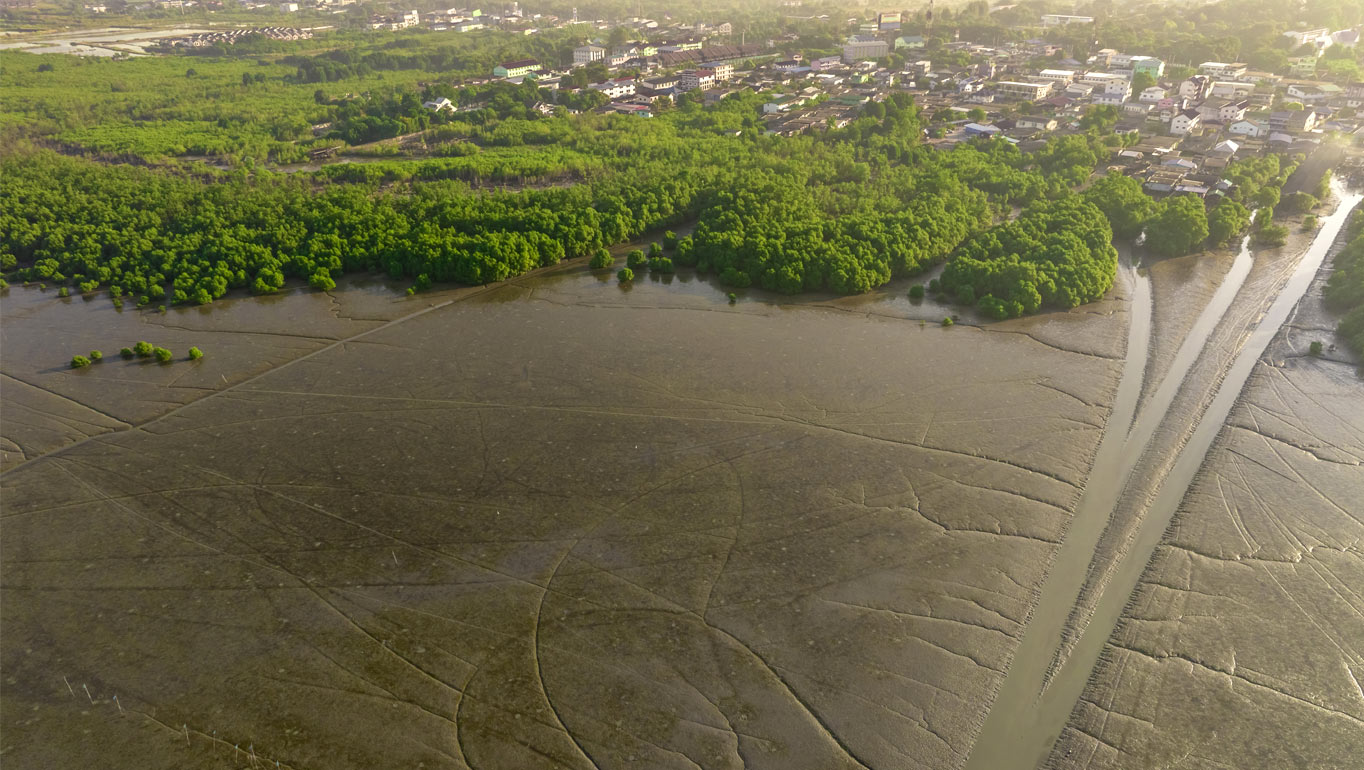Net-zero emission reductions by 2050 alone will not be enough to stabilise our climate. To ensure that our planet remains sustainable and liveable, we must reduce both our current emissions and as well as the existing CO2 levels already present in the atmosphere. Right now, our biosphere already does an amazing job at extracting atmospheric CO2 and burying it in carbon sinks such as trees, mangroves, seagrass and the ocean. Enhancing the planet’s capacity to absorb carbon dioxide from the atmosphere and learning to sequester it needs to become a major component in the global strategy to tackle climate change. A new approach, which values this our planet’s natural wealth, promises to help with both.
Recognising the value of nature
This new approach explicitly recognises nature’s own potential to regulate climate and maintain a diverse and thriving biosphere. Though the ecological value of nature’s services is obvious, it can now also be measured in economic terms: climate change does not just destroy livelihoods, it destroys lives too. Preserving and restoring nature means recognising how important the services provided by the environment and its stewards are to our own survival. We can therefore say with ease that we currently do not enjoy a thriving biosphere, given our civilisation’s existing ways of doing things. Valuing natural capital therefore means accounting for the benefits but more importantly for the damages that we do to the environment, to the economy and ultimately to ourselves.

Understanding intricate links
The valuation of natural capital is closely linked to the way we govern it. Changing our approach to valuation also means changing existing governance mechanisms by moving away from exploitation of nature to its preservation. Large public actors play an essential role in this transition to a green economy. They can help to establish a governance system that enables payments for ecosystem services while protecting the integrity of the natural habitat and compensating local communities as custodians for their service of carbon sequestration. This includes the development and effective enforcement of standards to prevent ‘greenwashing’ and other governance mechanisms such as integrated landscape approaches that strive to reconcile environmental needs with those of local communities. Public institutions such as central banks or large private actors such as (re-)insurance companies can also facilitate the transition by de-risking renewables and by adding risk premia on fossil fuels and other activities that destroy carbon sinks and entire ecosystems. Finally, both private and public actors need to come together to create a global marketplace for carbon tokens, i.e. (certified) investment projects for carbon sinks which support countries from the Global South to overcome constraints to access financial markets.
Moving away from fossil fuels
Optimal solutions to transition to net-zero require linking ecosystem payments to incentives in order to shift production away from fossil fuels. Valuing natural capital does not imply simply paying restoration efforts to compensate for carbon missions. The quickest way to net-zero is by transitioning out of fossil-fuel based energy production. The longer we wait, the more expensive it gets. To speed up the transition and mobilise necessary financial resources, additional ecosystem services that go beyond carbon sinks should be included. In this regard, biodiversity credits will be the next big step in valuing ecosystem services.
The importance of inclusivity
Valuing natural capital only works with ‘Just Transitions’, which means inclusive approaches that recognise the importance of a balance between the needs of the people and the needs of the environment. Creating green jobs is a cornerstone of this transition and requires us to entirely re-think the way we produce and work today. By implementing the idea of valuing natural capital, nature-rich countries in the Global South can make progress towards a sustainable future by preventing investment in outdated technologies, thereby lowering the cost of transition. Just transitions also means valuing local knowledge on the restoration and maintenance of ecosystems, recognising that much of the world’s biosphere can be found on land inhabited by indigenous communities. Their expertise should be used to establish a global knowledge hub for ecosystem restoration to help pool efforts across the world. Local support is essential to maintain and restore ecosystems and prevent exploitative uses.
A way in which everyone wins
Valuing natural capital can boost new forms of economic activity and participation, provide guidance to establish a truly circular and inclusive economy. Ensuring Just Transitions will be essential to create triple wins: for nature, for the climate and for sustainable societies.
*Ekkehard Ernst is Chief of the Macroeconomic Policies and Jobs Unit at the ILO and President of Geneva Macro Labs (Gemlabs), Leonie Achtnich is Head of Communications & Marianne Schörling is Head of Stakeholder Engagement at Gemlabs



